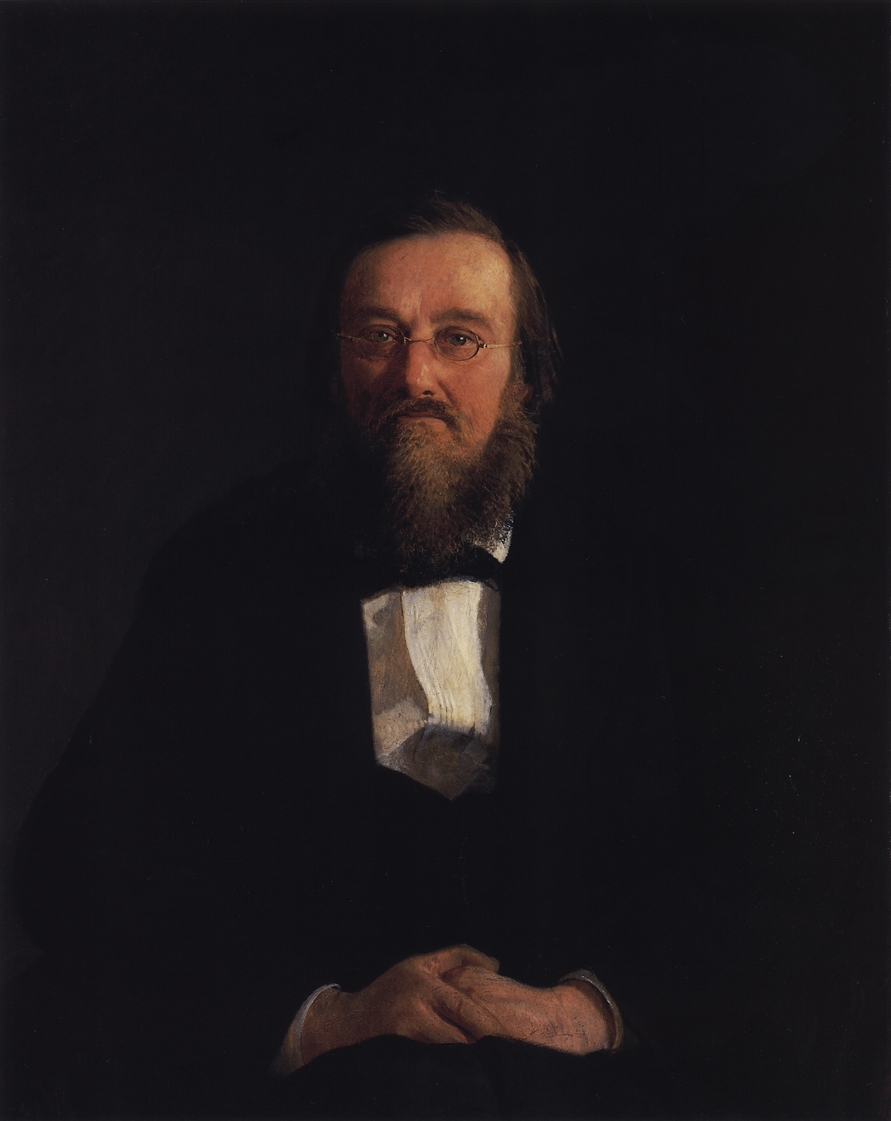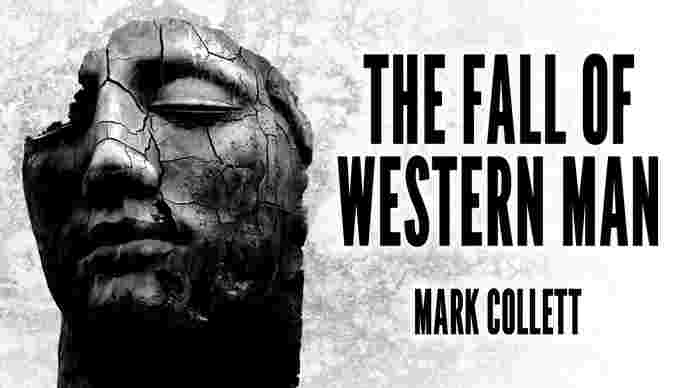Dr Matthew Raphael Johnson takes a look at Ukrainian folk poetry and how it reflects the General Will of their nation.
The Brotherhood of Sts Cyril and Methodius was a Ukrainian ethno-religious organization that lasted only 18 months. Yet, it contained the work of two towering intellects of Slavic national thinking: Mykailo Kostamarov and Mikhail Drahomanov. While obscure today, their work is the foundation for the Slavic ethno-federalism that became the hallmark of both Ukrainian and Russian Slavophilism.
Kostamarov, a former serf like Shevchenko, saw Ukraine as the symbol of the world's underclass. Misunderstood and oppressed, with co-opted elites, they became an isolated and suffering agrarian class easy to demonize, mock and ultimately, eliminate. The familiar claim in the early 19th century that Ukrainian was a “peasant language” meant that it was a language for the ignorant, not for the westernizing new men of St. Petersburg. Such slogans were designed to justify the continuing exploitation of Ukraine both as a land and a people. Throughout the world, the self-serving belief that the agricultural classes are simpletons and ignorant exists primarily to justify their continual exploitation by the urban elites.
Among Ukrainian writers, Kostamarov is one of the rare specimens who justified Russian intervention in Ukrainian affairs after the Cossack revolts against the Jewish-Polish alliance in 1648. Given the failures of all the other options, going to Russia wasn't such a bad idea. This proves that so much in Ukrainian thinking wasn't anti-Russian.
Kostomarov's ethnic populism, like Drahomanov's, was based around the significance of folk ideas in developing the General Will. With some exaggeration, it might be argued that the entire concept of Sobornapravna is about the folk, expressing itself over the centuries in popular ballads, art and poetry, formalized into a “political program” through the General Will (to use Rousseau's term).
In other words, that the General Will is best understood by looking at the basic structure of folk poetry as it developed over the years. It became, so to speak, the public persona of the Ukrainian peasant and Ukraine's great contribution to nationalist thought. In these poems, Russia is almost never attacked. Rather, the Turks and Jews are singled out for contempt. Kostamarov and the rest of the Brotherhood doesn't deserve their obscurity.
Presented by Matt Johnson
The Orthodox Nationalist: Mykailo Kostamarov and the Ukrainian Philosophy of History – TON 103019
Download
The Orthodox Nationalist will be back on Radio Aryan next Wednesday at 3pm EDT/8pm BST
See the daily radio schedule for more alt-right audio available for download.
Join the chatroom and follow the feed
The first series of The Orthodox Nationalist can be found HERE
Dr Johnson’s Patreon Page
We can accept donations with this Bitcoin Wallet:
1JePDkYWWNvRF4AQQX4SHrKcWudSQ8KHuc
Radio Aryan on Gab
128k Browser Stream
48k Browser Stream
Alternative Stream
Radio Aryan Full Screen Player Low-Quality
Radio Aryan Full Screen Player Hi-Quality
Radio Aryan Android Player Low-Quality
Radio Aryan Android Player Hi-Quality















0 Comments